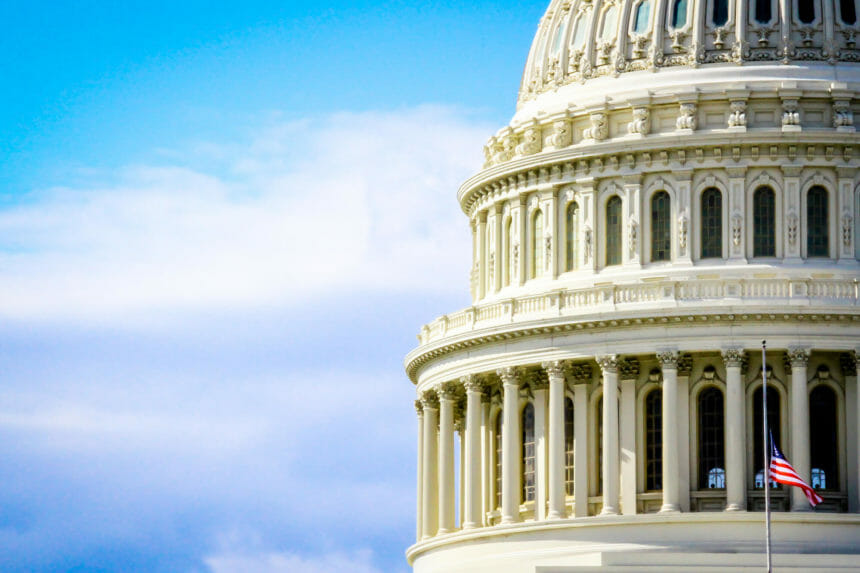Leaders in Congress on Sunday overcame months of stalemate over coronavirus relief to agree on a roughly $900 billion measure to provide direct payments and jobless aid to Americans as well as needed funding for small businesses and long-term care facilities to help with vaccine distribution.
But the deal, hashed out by the top four congressional leaders, doesn’t include more money directly for state and local governments or protections for businesses against COVID-19-related lawsuits.
Long-term care lobbyists have said a lack of liability protections, once promised by Senate Majority Leader Mitch McConnell (R-KY), would produce a threat to the survival of the industry. The subsequent outcry is expected to be loud and insistent from them and other business interests.
“We can finally report what our nation has needed to hear for a very long time: More help is on the way,” McConnell declared Sunday evening on the Senate floor.
The announcement came after a weekend filled with policy disputes and an effort by Republicans to ban the Federal Reserve from establishing certain emergency lending programs to help stabilize the economy in the future. The House could vote as early as today on the final spending package, and the Senate is expected to follow shortly afterward.
“Today, we have reached agreement with Republicans and the White House on an emergency coronavirus relief and omnibus package that delivers urgently needed funds to save the lives and livelihoods of the American people as the virus accelerates,” said Senate Minority Leader Charles Schumer (D-NY) and House Speaker Nancy Pelosi (D-CA) in a joint statement confirming the deal on Sunday.
The deal includes direct payments of up to $600 per adult and child, aid for struggling small businesses by providing more than $284 billion for forgivable Paycheck Protection Program loans and an extension of weekly jobless benefits of $300 for 11 weeks starting in late December. It also includes additional funding for coronavirus testing and vaccine distribution for long-term care facilities — a “helpful down payment,” but one that “falls short in providing the necessary relief for older Americans,” Katie Smith Sloan, president and CEO of LeadingAge, said Sunday in a statement.
“Some providers are shutting down, and more will follow unless the next Congress steps up and provides more robust support,” she added.



